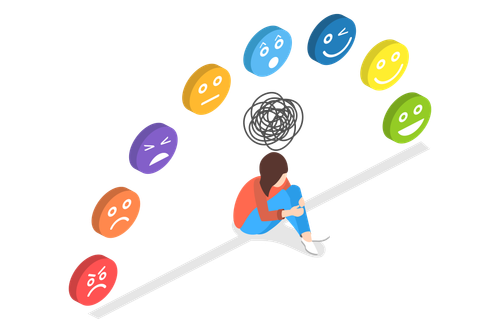
Difficulty thinking, focusing, or making decisions.
Lack of motivation

When you’re facing the challenges of depression, it’s all too easy for self-care to fall by the wayside, and even the simplest tasks can feel like insurmountable obstacles. During these tough times, setting small, achievable goals—even when motivation seems out of reach—can truly make a difference. It’s important to recognize and celebrate those tiny victories, whether it’s taking a shower, preparing a healthy meal, going for a short walk, or spending quality time with loved ones or pets. These small moments can bring a sense of accomplishment and connection, which can be incredibly valuable. Cognitive Behavioral Therapy (CBT) is one of the most common therapeutic approaches for treating depressive disorders, but there are other meaningful options too.
Acceptance and Commitment Therapy (ACT), Dialectical Behavior Therapy (DBT), Solution-Focused Brief Therapy (SFBT), and Mindfulness practices can also offer support on this journey. If your anxiety is tied to past trauma, techniques like Eye Movement Desensitization and Reprocessing (EMDR) or Accelerated Resolution Therapy (ART) may provide some relief. It’s also important to acknowledge that struggles with addiction can happen alongside depression. Remember, you are not alone in this, and we’re here to help you find the resources that can make a difference.